
How To Market An Event Venue Or Space
Success in venue hire isn’t just about filling the calendar — it’s about the right bookings. That means qualified enquiries that match your capacity, style, and house rules, fewer admin back-and-forths, and stronger returns through higher day rates and better midweek utilisation.
1) Define your audience and use cases
Pick the groups you serve best. Speak to them directly.
Core segments
-
Corporate offsites and leadership meetings
-
Creative workshops and brand shoots
-
Intimate press breakfasts and product showcases
-
Private dining for senior teams
Decide your lanes
-
Capacity bands. Boardroom 10 to 14. Theatre 20 to 30. Standing 30 to 40.
-
Clear house rules. Daytime focus. No late-night parties. Quiet hours respected.
-
Signature features. Period detailing, warehouse textures, roof terrace, statement kitchen, great natural light.
2) Build a brand people remember
A venue is more than a postcode.
-
Name and tone. Confident, warm, professional.
-
Visual identity. Consistent colour, type, and logo across listings, decks and socials.
-
Proof. One paragraph case studies with a quote, three strong photos, and measurable outcomes.
Woolly tip: lead with atmosphere first, logistics second. Buyers choose with their eyes, then validate with details.
3) Photos and video that sell the story
Your images are your sales team.
-
Natural light. Wide angles that show flow between zones.
-
Show five key setups. Boardroom, workshop, dining, standing reception, shoot layout.
-
Styling. Cables hidden, glasses set, flowers at welcome point, coat rail visible.
-
Short walkthrough video. Under 45 seconds. Entrance to main space to breakout to terrace.
Create a simple brand shot list and reuse across web, brochures and socials.
4) Website and SEO that convert
Your page should answer every pre-booking question in 90 seconds.
-
Clear headline. What you are, for whom, where.
-
Capacity table. Boardroom, theatre, dining, standing.
-
Downloadable factsheet. PDF with specs, floor plan, rules and pricing outline.
-
Location help. Nearest Tube, parking notes, load-in route.
-
SEO basics.
-
Title: “Event Venue Hire in [Area], London | [Venue Name]”
-
H1 repeats the main intent
-
Add schema: LocalBusiness and Place
-
Internal links to workshop and photoshoot category pages
-
-
Tracking. UTM links for every directory and ad. One enquiry form with source field.
5) Be discoverable where buyers look
Spread risk across channels.
-
Woolly Mammoth listing. Targeted corporate demand, editorial curation, hands-on support.
-
Google Business Profile. Map pack visibility. Add photos monthly, collect reviews.
-
Select directories. Quality over quantity. Keep details consistent.
-
Press and blogs. Pitch “behind the scenes” shoots or design features.
6) Social media with purpose
Quality posts over daily filler.
-
Content mix.
-
Space stories. Before and after, layout flips.
-
Proof that de-risks. Client logos with permission, mini case studies.
-
Planning expertise. Run of show tips, seating hacks, menu ideas.
-
-
Formats. Reels from the walkthrough, short carousels with layouts, one client quote graphic.
-
Collaboration. Tag caterers, florists, facilitators and photographers. Cross-post to reach new buyers.
-
Calls to action. “See rates and floor plan” not just “Enquire”.
7) Email and nurture that actually get replies
Two flows keep the calendar healthy.
-
Quarterly update. New photos, availability windows, one case study, one offer for midweek.
-
Post-enquiry nurture. Auto-send factsheet, floor plan and three dates. Follow-up in 48 hours with a proposed layout.
Segment by use case rather than one big list.
8) Partnerships that bring bookings
Create a small circle of trusted partners.
-
Corporate caterers, facilitators, photographers, stylists, AV.
-
Offer a neat pack. Commission, fixed perks, or shared content.
-
Co-host a micro showcase each quarter. Ten planners. One live workshop. Professional photos shared with all partners.
9) Pricing, offers and minimums
Clarity converts.
-
Rate card. Day rate, evening add-on, full day, shoot rate.
-
Includes. Wi-Fi, screen, whiteboard, water, basic reset.
-
Add-ons. Overtime, styling reset, equipment upgrade, on-site support, catering coordination.
-
Levers. Midweek discount, last-minute gaps, multi-day packages.
Publish a range on the site. Detail the exact quote after a discovery call.
10) Measure and optimise
What gets measured gets better.
-
Enquiries by channel
-
Conversion rate by use case
-
Average booking value and margin
-
Lead time and utilisation by weekday
-
Photo or page that most often precedes enquiries
Tweak imagery, copy and pricing quarterly based on the data.
FAQs
Which channels work best for London corporate events?
Woolly Mammoth, Google Business Profile, a strong venue page, and a small set of quality partners. Socials support credibility rather than drive most bookings.
Do I need to publish prices?
Share a range and what is included. It filters time-wasters and speeds decisions.
How many photos do I need?
Ten to fifteen. Five wide shots for layouts, five details, five lifestyle moments.
Can I host private parties?
If neighbours and lease allow. Most residential-style venues perform best with daytime professional use.
Latest Posts
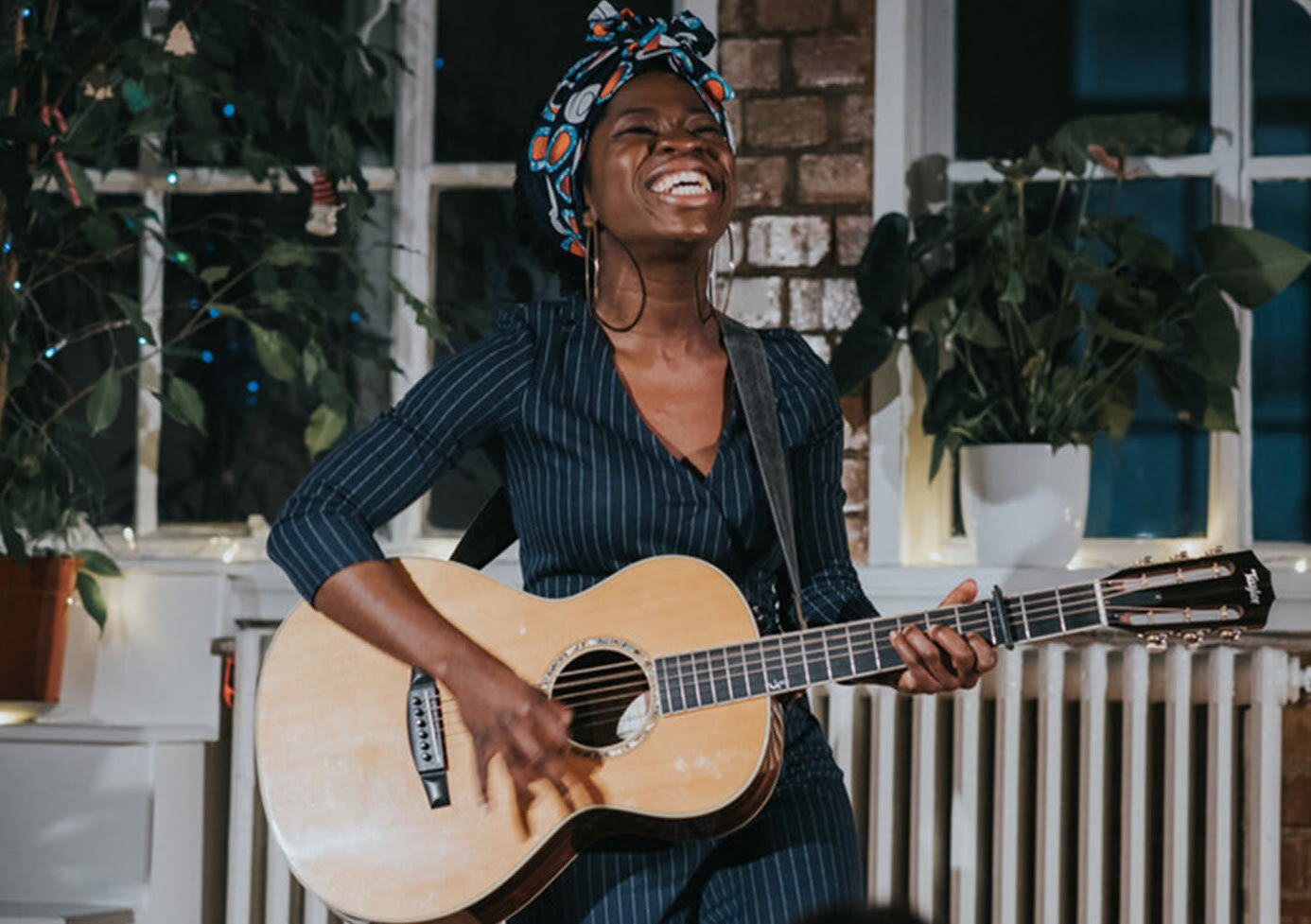
Why Entertainment Matters at Business Events
Business events are about more than presentations and cateri...
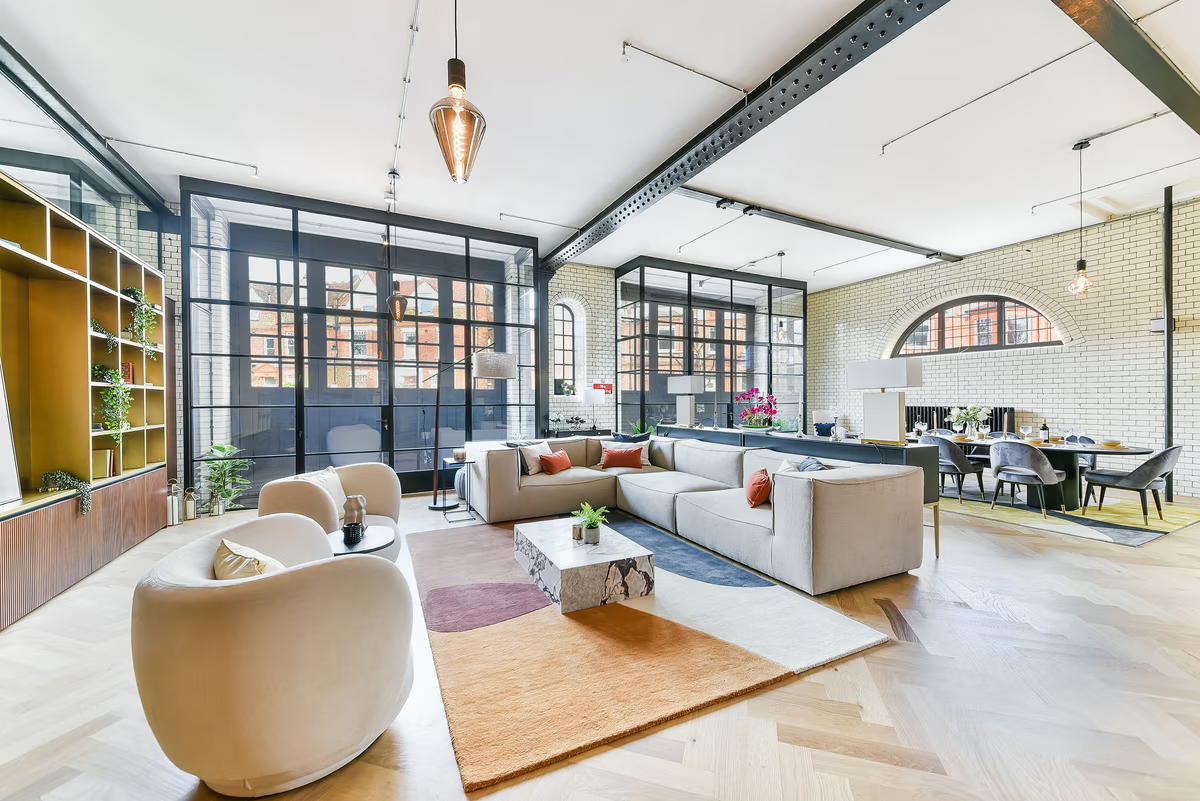
Why Hire a Venue for Your Next Business Event?
Business events shape how clients, colleagues, and partners...
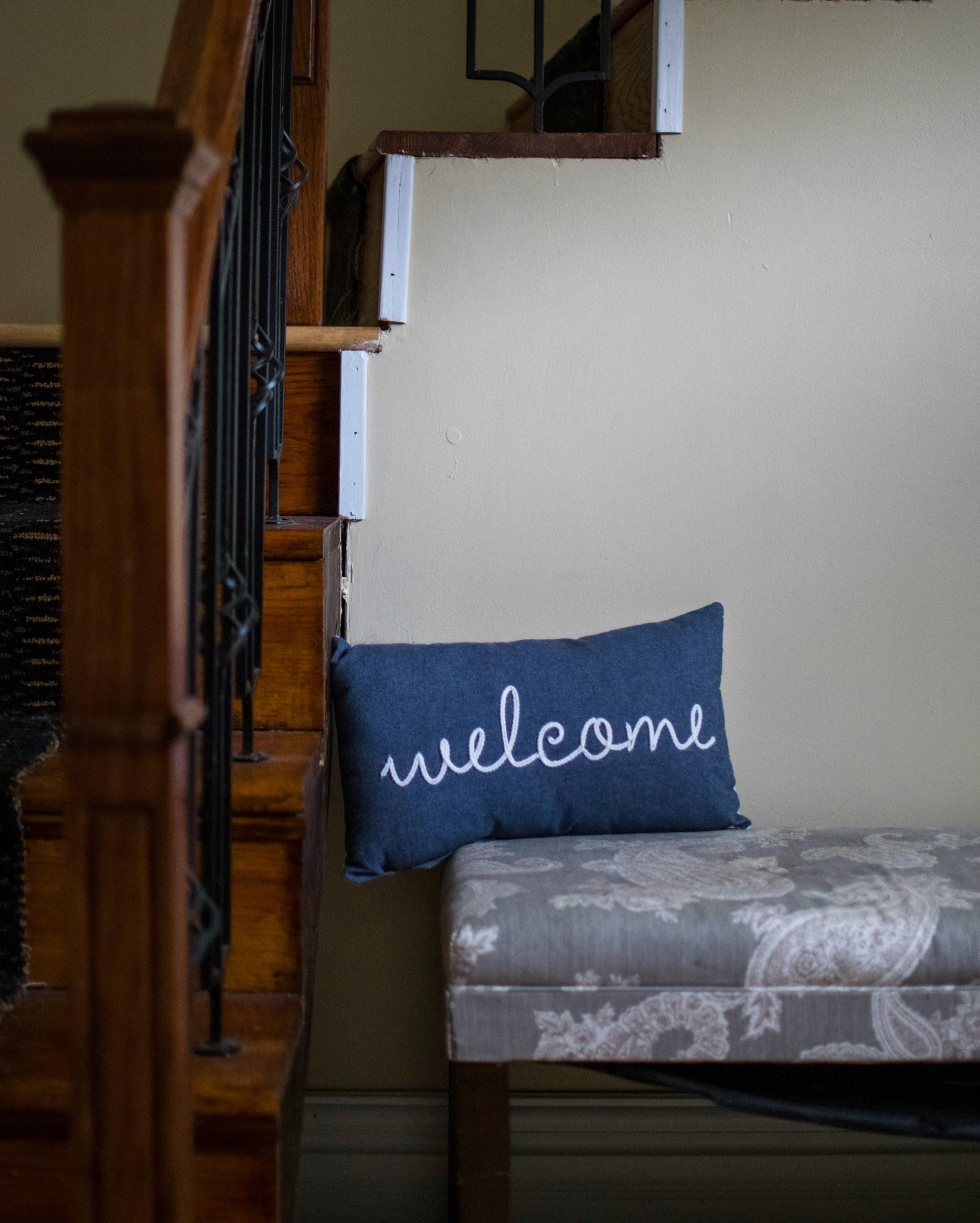
Top Advice to Welcome Guests Into Your Property
Whether you’re hosting a client meeting, a creative workshop...
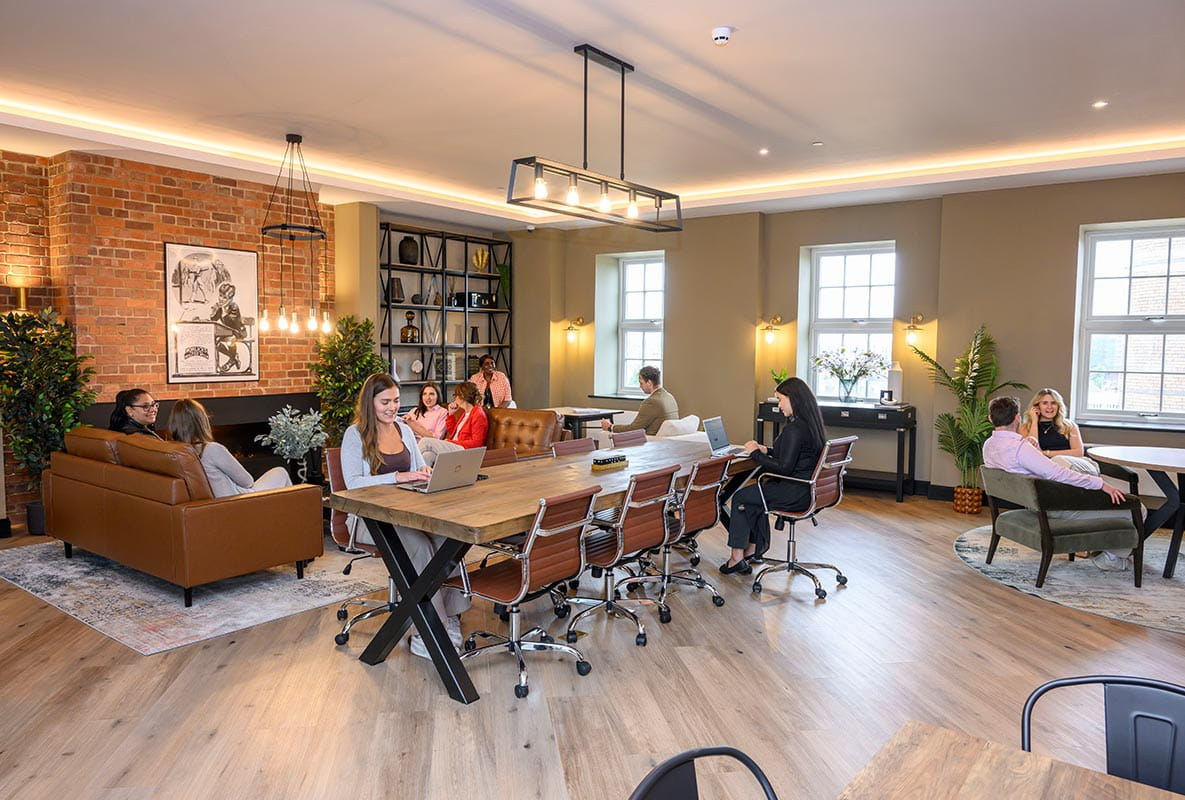
How To Turn Your Property Into An Event Venue
Turning a private property into a successful event space tak...

How To Market An Event Venue Or Space
Success in venue hire isn’t just about filling the calendar...

How Much Does It Cost To Hire A Meeting Room In Lo...
London is full of options: sleek co-working rooms, boutique...

How Much Does a Caterer in London Cost Per Person...
London is one of the world’s busiest business hubs, hosting...

How Far in Advance Should You Book a Meeting Room?
Booking a meeting room seems simple, but timing can make all...
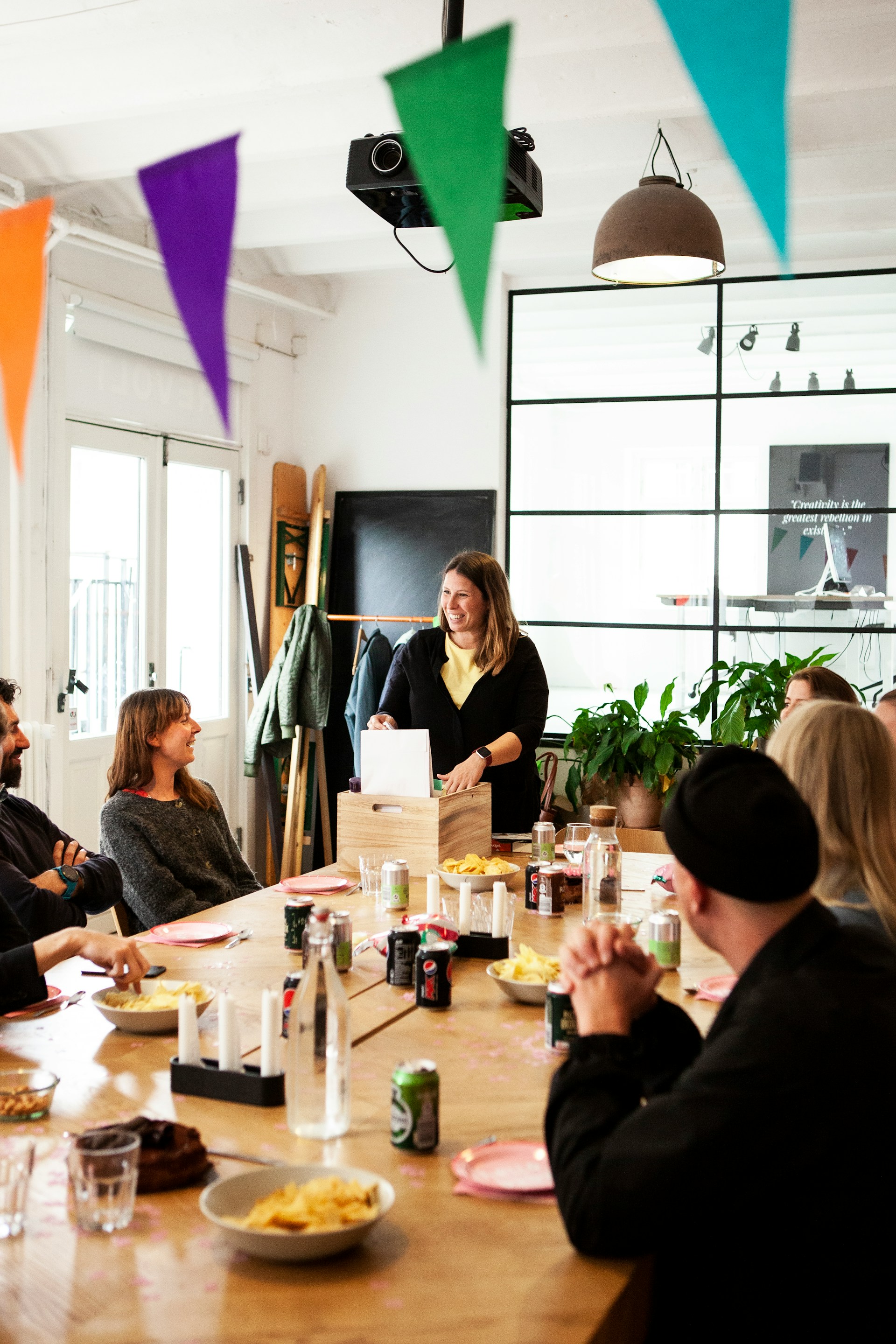
How to Plan a Corporate Party in London
Organising a corporate party may look simple at first glance...

What Makes a Good Meeting Room Layout? A Complete...
A great meeting room layout does far more than determine whe...

What Is Corporate Events Management? A Complete Gu...
Corporate events management is the structured process of pla...

How Much Does It Cost to Hire a Venue Finder in Lo...
Planning an event in London can be time consuming and overwh...

What Are the Essential Requirements of an Event Ve...
Choosing the right venue is one of the most influential deci...
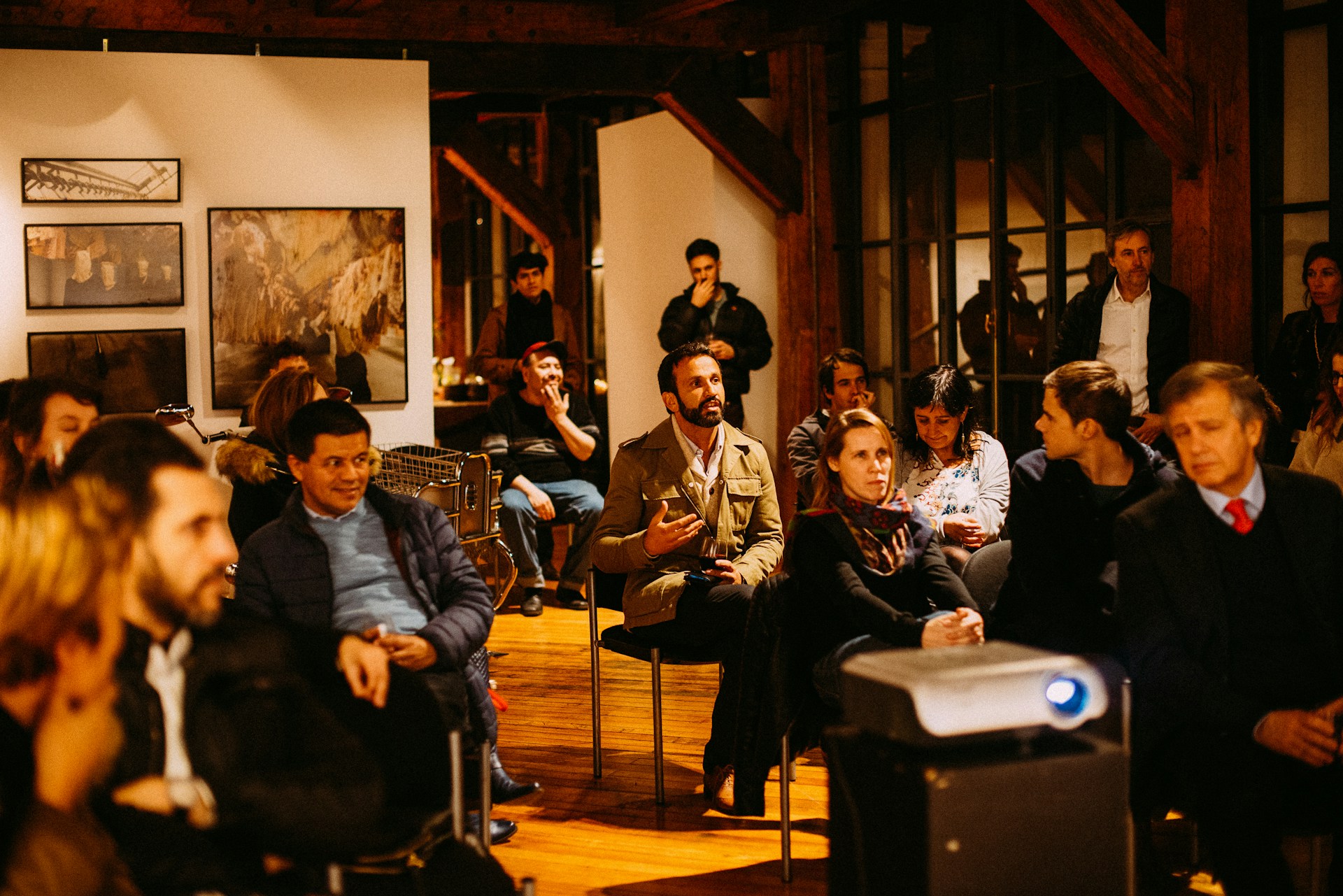
The Pros and Cons of Hosting Free Events: A Comple...
Free events are a popular strategy used by brands, communiti...

What Are the Key Features of a Private Event?
Private events are designed to feel personal, exclusive, and...
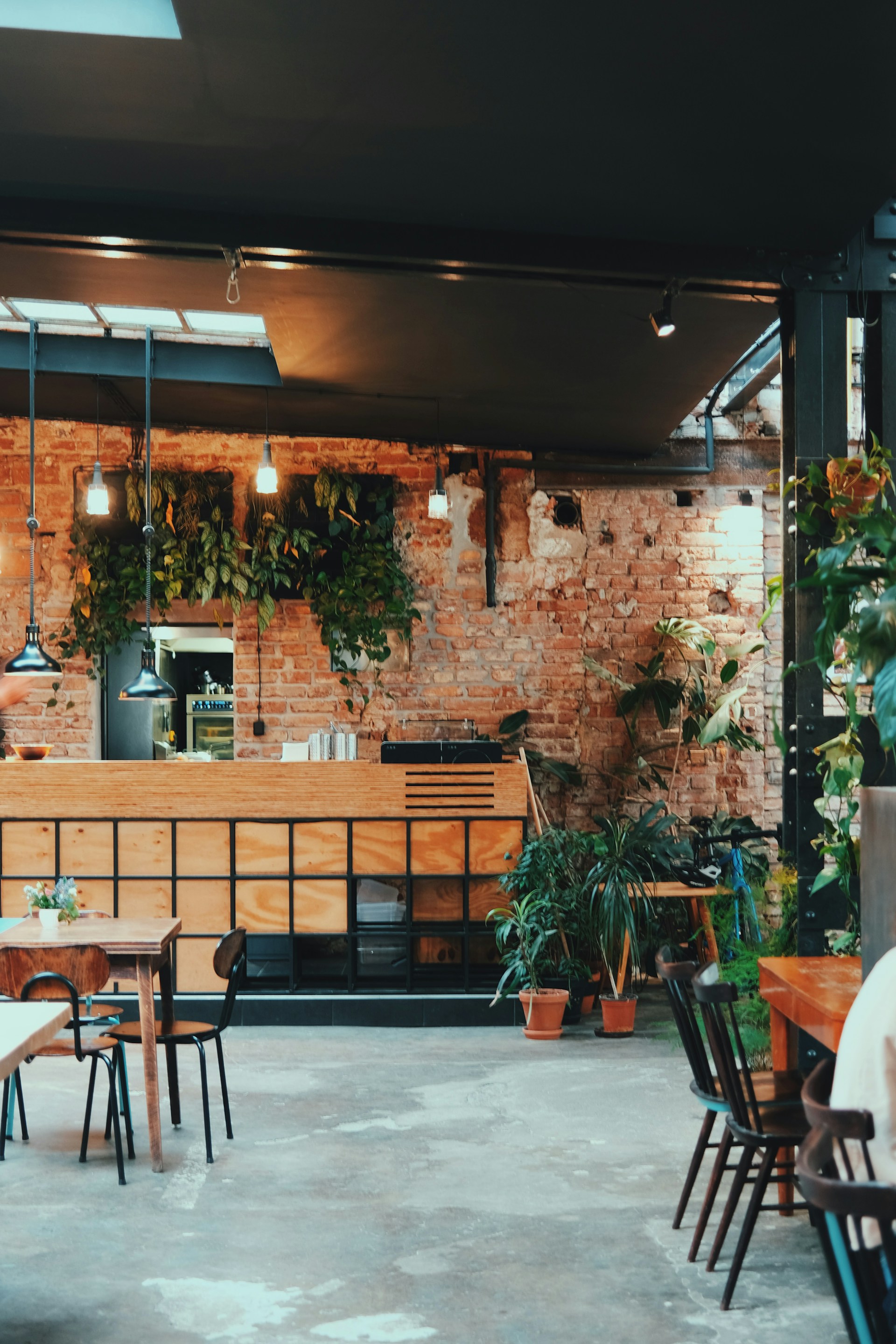
What Are the Benefits of Using a Private Party Ven...
Choosing the right venue is one of the most influential deci...

The Best Corporate Party Theme Ideas to Inspire Yo...
The Best Corporate Party Theme IdeasA strong theme can trans...

Key Questions to Ask When Choosing a Venue for a P...
Choosing the right venue is one of the most important decisi...







